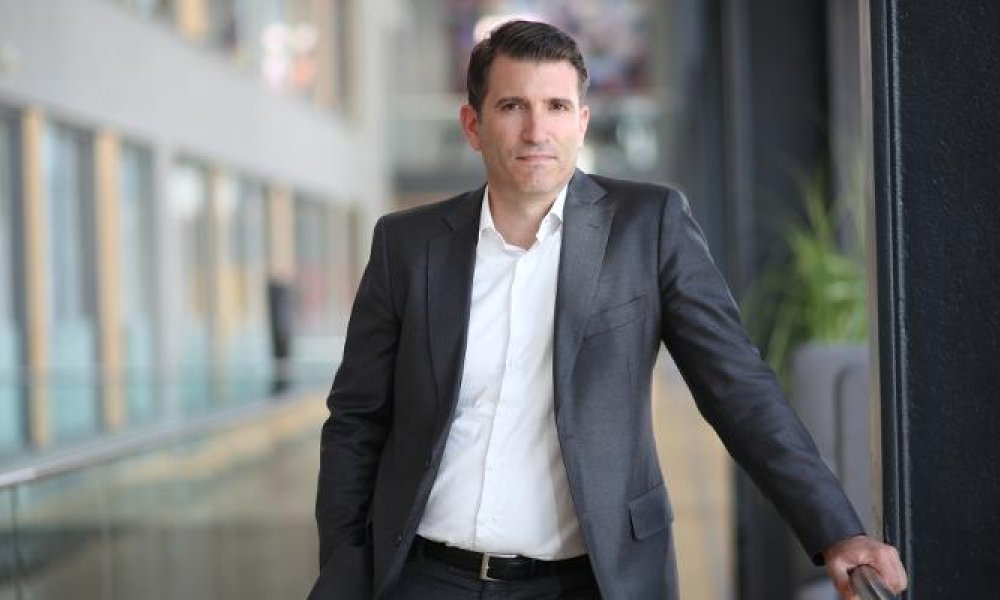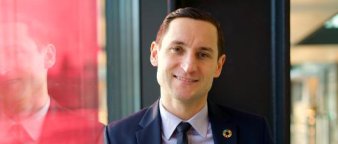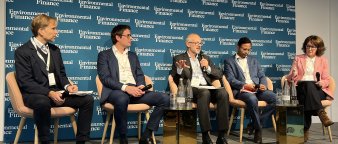Your work involves finding new markets for Storebrand. How do you establish a trusting relationship with your new clients?
Long before coming to the clients, I believe trust first starts here in Lysaker. To have trust with a client, we need to have trust in the office, in the systems we have in place, and the people we work with, who are central to the solutions we produce for clients. If there is trust within our organization, then it is easier to filter out this trust to the clients we work with. This also involves being able to take credibility for the decisions you make. There should be a connection between a person and a decision made, so that you can be fully sure that everything fits well together. Take AI, for example: a lot of the decision-making is delegated to a mechanism that you cannot really hold accountable. That would impact the credibility of your position as an asset manager.
Other than that, it is about prioritizing client interest, being honest about your capabilities, and demonstrating commitment to showing up again and again. It takes years to build trust and only a day to ruin it. So, it is very important to keep and maintain it with dedication.
What do you mean by being honest about capabilities?
When we are talking to a client, we provide financial information and inform them about the historical trajectory of their investments and their potential future outcomes. We try to talk about what we can achieve and our potential shortcomings. We do not show them a picture that they want to see. That is dishonest, and in most cases, clients can see through that. The key to building trust is being completely honest about what we can provide. And showing that within the confines of what we can achieve, we have client's best interest at heart.
Sustainability is the same. We give them facts, and the facts we provide are unbiased and independent. We give them both sides of the story—the positive outcomes and the potential unintended consequences. For instance, if we are trying to sell a fossil-free product, we tell them if the oil prices go up, their portfolio is not going to do so well. That is in fact an intended consequence of sustainable products; however, we need to be transparent about the whole range of consequences of being sustainable and we should be able to explain to clients why.
A good number of your clients come from different countries and might have different cultural perspectives on business. What kinds of challenges does this create, if at all?
I have lived in five countries, and have been exposed to many cultures through my family and work. From that, I can say that trust is a red thread that connects all these different contexts, despite their differences. I work with clients in almost every market in Europe and the protocol is the same: You show you are genuinely committed to their best interest, and you work hard to create long-term partnerships. It is an ongoing process, a momentum if you will, rather than a one-off situation. So, one of the biggest challenges is to ensure consistency in building trusting relationships.
Storebrand's Nordic heritage serves as a good starting point for that matter. I only moved to Norway 15 years ago, so I myself had this perception from the outside: the Nordics are well-organized with trustworthy institutions. There are rules and structures which look out for the best outcomes for people, and they work. There are well-working economic structures and a good democratic system around it. Clients' first impression is that if you are from the Nordics, you are professional and trustworthy, at least to some extent. You still need to prove your trustworthiness, but the Nordic heritage helps to get a head start. It is a great strength for our organization.







